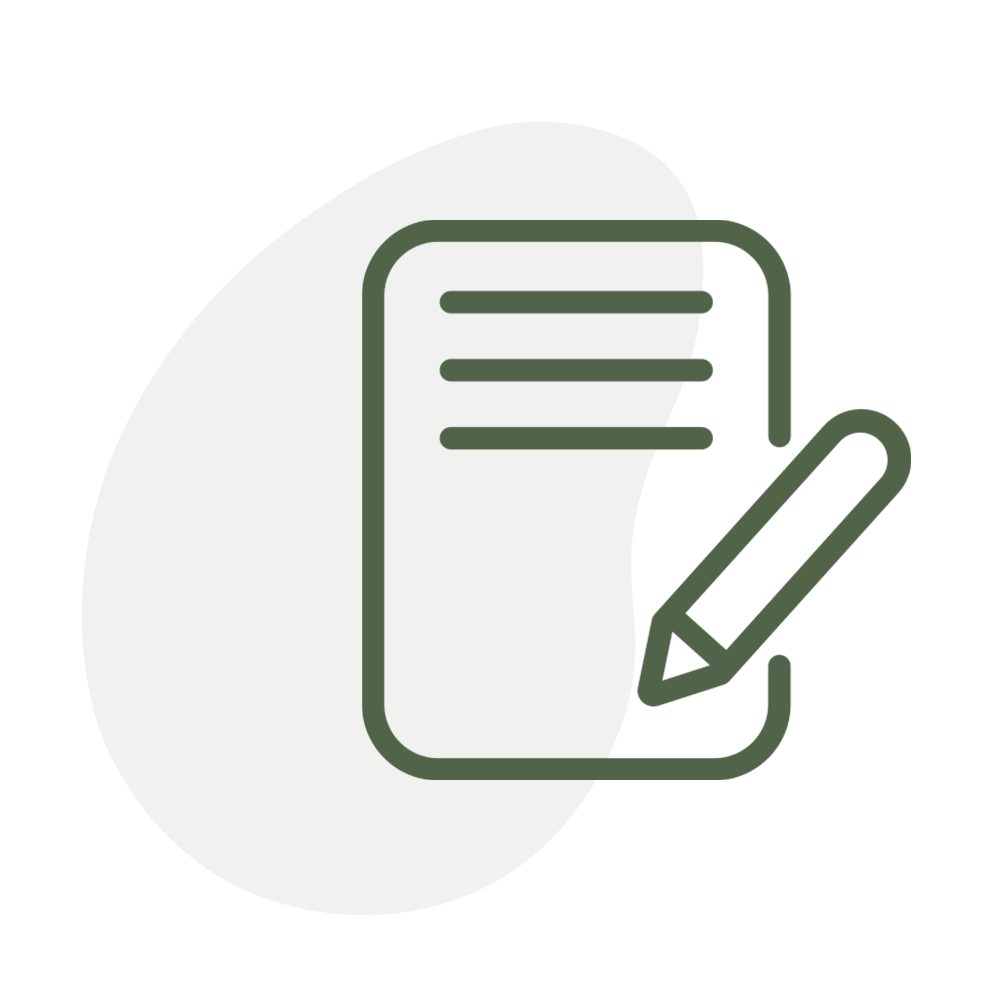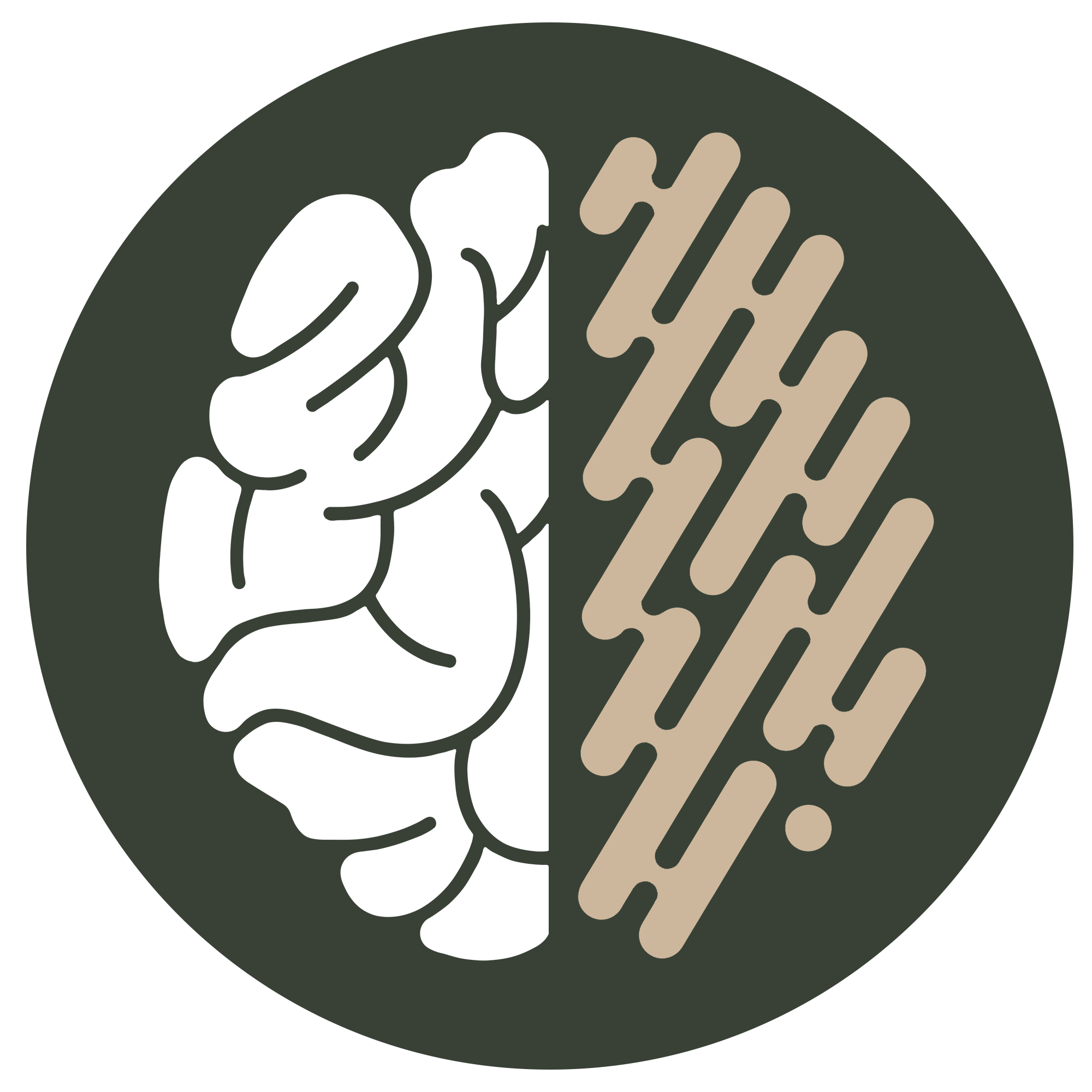
NeuroBridge
Did You Know?
0
%
0
% 
Autism Spectrum Disorder (ASD) is a developmental condition that affects how individuals perceive the world and interact with others. It is called a “spectrum” because it encompasses a wide range of symptoms and abilities.
Tourette Syndrome is a neurological condition characterised by repetitive, involuntary movements and vocalisations called “tics”.
It’s important to note that the presence of tics does not impact intelligence or cognitive ability.
Neurotypical refers to individuals whose neurological development and functioning align with what is considered the societal norm. Neurotypical individuals typically do not exhibit the behavioral or cognitive characteristics associated with neurodivergent conditions, such as Autism Spectrum Disorder (ASD), ADHD, or dyslexia. The term is often used in contrast to “neurodivergent,” which describes individuals with brain function variations that differ from the typical patterns.

Dive into our NeuroBridge Blogs, where fresh perspectives and innovative ideas illuminate the path to understanding neurodivergence.

Delve into our Scientific Study Reviews, where we distill the essence of groundbreaking research into actionable insights for everyday application.

Dive into our NeuroBridge Blogs, where fresh perspectives and innovative ideas illuminate the path to understanding neurodivergence.
